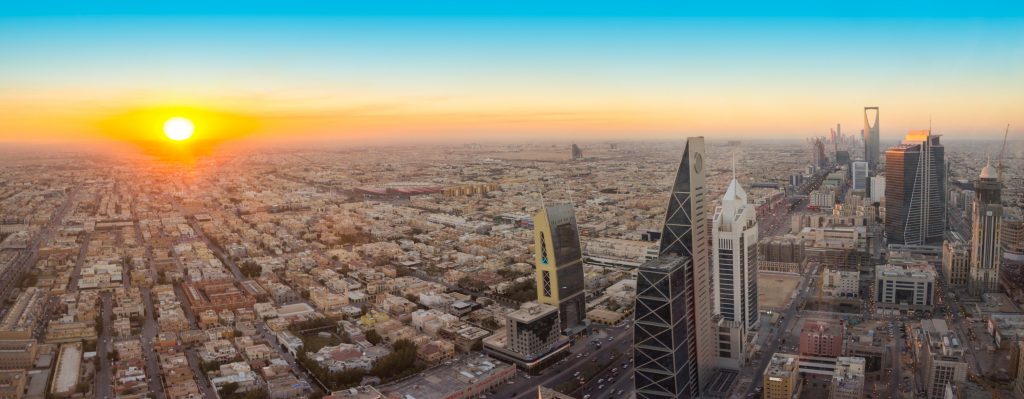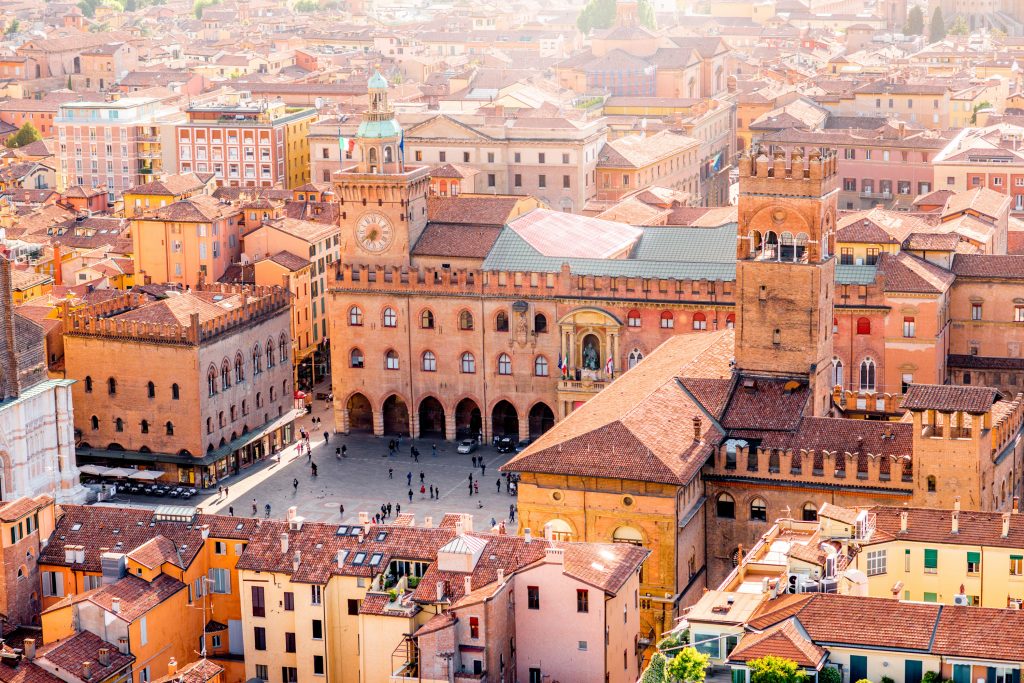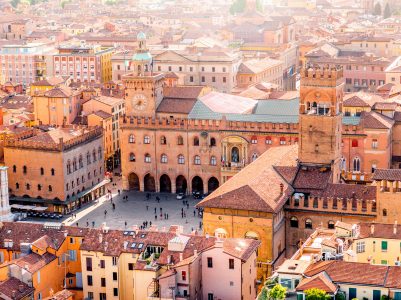By Dr. Abdullah Alhomaid (National Committee for Interfaith and Intercultural Dialogue, Saudi Arabia) and Cardinal Matteo Zuppi (Archbishop of Bologna)
– – –
Gratitude from Saudi Arabia

On behalf of the National Committee for Interfaith and Intercultural Dialogue, as the local partner in organizing the G20 Interfaith Forum in Riyadh, I would like express my sincere thanks to King Abdullah International Centre for Interreligious and Intercultural Dialogue, the G20 Interfaith Forum Association, and the United Nations Alliance of Civilizations for all their efforts and support.
Special thanks go to H.E. Mr. Faisal bin Muaammar, KAICIID’s Secretary General and the Chair of the Executive Steering Committee for the 2020 G20 Interfaith Forum. He initiated the idea of holding this Forum in Riyadh with the Saudi G20 Secretariat, coordinated the efforts of the international partners, and supervised the logistical efforts at the local level.
When the National Committee for Interfaith and Intercultural Dialogue was conceived in 2015, the Saudi decision makers had in mind a global event like the G20 Interfaith Forum. Speakers and participants from over 90 countries – with diverse religious, cultural, and ethnic backgrounds congregating to speak about and discuss global challenges – make this event truly a global event. The speakers, as well as the participants in this Forum, have discussed and provided policy recommendations on the most pressing issues facing the world, such as poverty, COVID-19, climate change, inequality and hate speech.
Such diversity of participants and wide range of issues discussed makes hosting the 2020 G20 Interfaith Forum a major milestone in the implementation of the Kingdom’s initiative to promote interfaith and intercultural dialogue on the world stage. We were hoping that the G20 Interfaith Forum would be held physically in Riyadh, so you could observe the positive cultural developments that my country has witnessed during the last three years. But unfortunately, it was held virtually due the pandemic of COVID-19. It has been emphasized during the last five days that the strength of religious leaders and institutions comes from their work at the grassroots levels. This is true. However, in order for such localized knowledge and experiences to capture the attention of the policy makers, they have to be articulated in a way that makes the recommendations of this Forum more politically relevant without losing its moral and spiritual grounds. This, in turn, could be the path for integrating the G20 Interfaith Forum into the G20 policy networks: Designating the G20 Interfaith Forum as an official Engagement Group. Once again, thank you and I wish our Italian colleagues the best of luck in organizing the 2021 G20 Interfaith Forum.
– – –
A Welcome from Italy

Greetings from Bologna,
It was a given for Bologna to come to Riyadh for the occasion of the G20 Interfaith Forum to express all its, and mine, solidarity and closeness for such a crucial meeting and during such an important period.
Believers have come together to reflect in an effort which is the opposite of the current pandemic. If the pandemic is the evil that divides us all, this meeting has brought everyone together to find the good.
In fact, we believe not in confrontation, but in dialogue. We are at the beginning of this dialogue. This is clearly not the first of these dialogues – we have an history that precedes this meeting, but it is a brief one, that needs to develop while opposing many enemies. The current real enemy is not only the COVID pandemic, but the pandemic of war. It is this one that we have to confront.
I am delighted, as a Christian, for the existence of a group of 20 countries that come together to discuss and jointly look at the challenges the world is facing today and, most of all, find ways to achieve peace.
Together with Alberto Melloni, who will be in charge of organizing the event, we are looking forward to welcome you to Bologna next year. This is our great hope, COVID permitting. Convinced that this pandemic can be defeated, we are already doing preparations to organize this same G20 Interfaith Forum next year here in Bologna.
Bologna is a city of encounters: it has one of Europe’s oldest universities, where, for ages, many have come to learn and know each other. Hence, Bologna is a place of dialogue, of international relations; a place where we can try to understand together the signals of peace and those of war. It is a place where we’re all able to be steadfast in praying for peace; in making penance for peace, in operating for peace and in finding all that brings us together.
It is fundamental to look at what unites us. Sometimes we think that there is a lot of diversity, while what brings us together is just a tiny detail. Instead, what unites us is something we can all find in the traditions to which we belong: the values of mutual respect and friendship. Whomever is unable to find in their faith the reasons of the other, doesn’t follow a faith but an ideology that pretends to be speaking with God’s voice while in reality it is the voice of the divider.
It is so because in the faith of each of us we are all always invited to understand the reasons of the other and so, to encounter the other.
In Bologna we will ask theologians, politicians, pastors and academics to help us go forward, because the search for peace needs to grow and we need to develop a stronger and fuller understanding of the other. The G20 represents a large part of our common house; we will need awareness to help us crystalize, in a few points, the essential aspects that allow us to walk together in fraternity and peace.
The pandemic of war is not a right thing, the pandemic of war should not exist. The only right things are peace and fraternity; because fraternity prepares us for peace and helps us in avoiding war.
The days of the Interfaith Forum in Bologna will be days of friendship, knowledge exchange and profound dialogue. For this reason, we are looking forward to welcoming you all next year.
– – –
Dr. Abdullah Alhomaid is the Secretary General of the National Committee for Interfaith and Intercultural Dialogue (a government entity in charge of monitoring the implementation of various Saudi interfaith initiatives). Prior to his current position, Dr. Alhomaid had served as professor of political science at King Saud University, Riyadh, the Director of the Center for Research and Information at the Ministry of Foreign Affairs, the Director of the National Center for Education Policy, and the Chairperson of the Department of Political Science at King Saud University. He was also a Visiting Fellow at St Hugh’s College, University of Oxford, and a Fulbright Scholar at the University of Southern California, Los Angeles.
Cardinal Matteo Maria Zuppi has been Archbishop of Bologna since 12 December 2015. Pope Francis raised him to the rank of cardinal on 5 October 2019.


